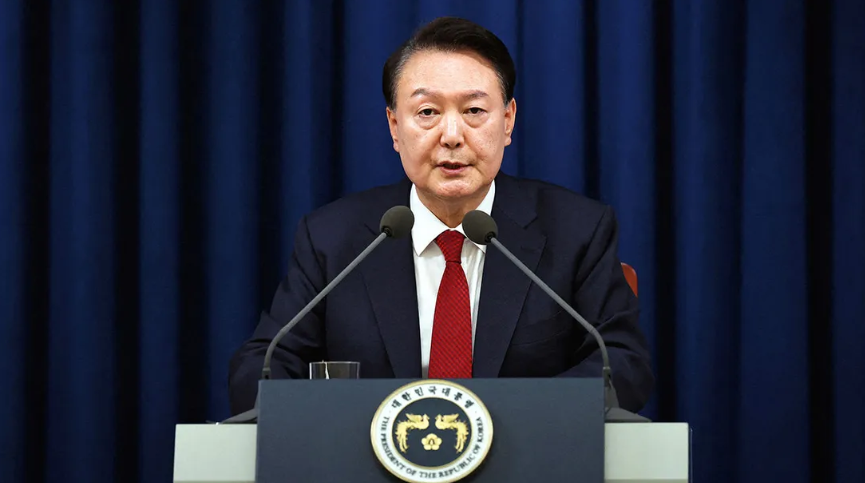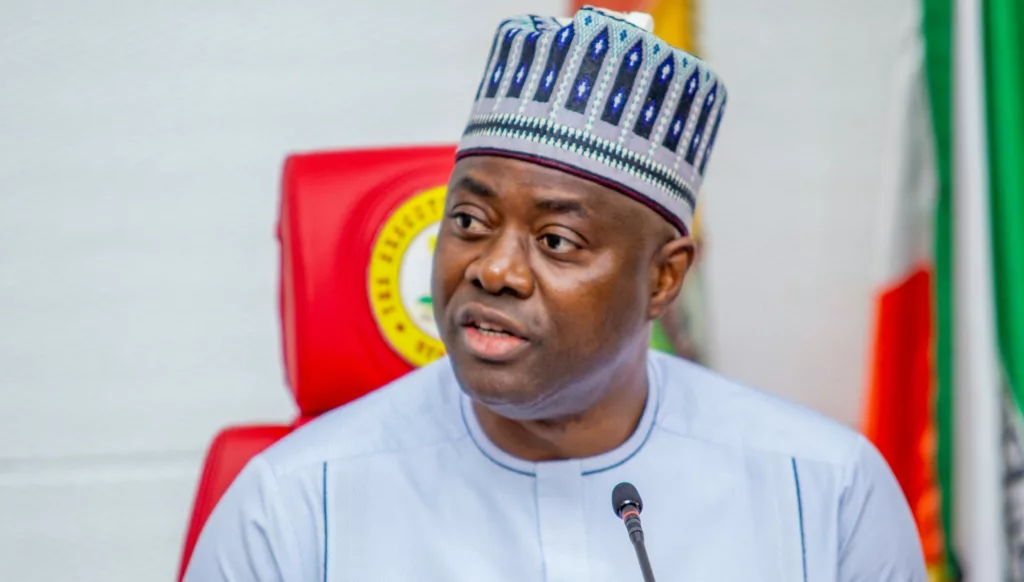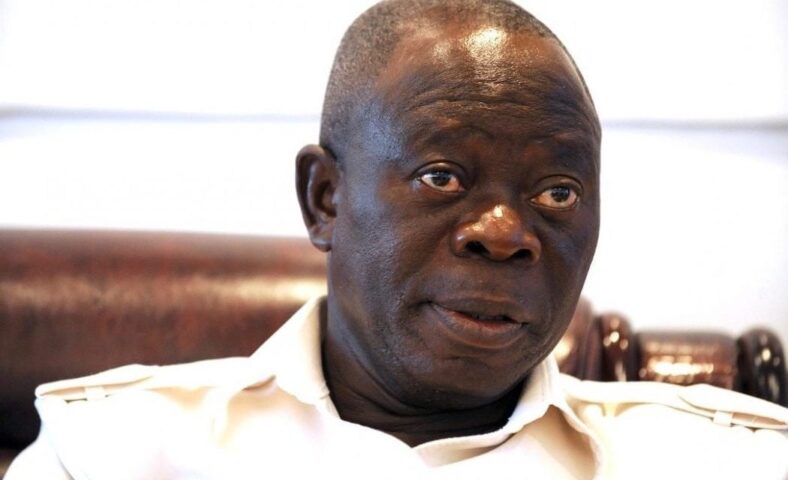South Korea’s impeached president, currently suspended from his duties and under arrest, appeared in court on Tuesday for hearings that will determine his official removal from office. The former prosecutor ignited political turmoil in the country on December 3rd when he declared martial law, suspending civilian rule and deploying soldiers to parliament. This attempt at imposing martial law was short-lived, lasting only about six hours, as the opposition-controlled parliament defied the armed troops, voted down the decree, and subsequently impeached him for his actions. In addition to the impeachment proceedings, Yoon is also facing a separate criminal investigation, which led to his arrest in mid-January on charges of insurrection, making him the first sitting South Korean head of state to be detained.
While in detention, Yoon has been attending these crucial impeachment hearings at the Constitutional Court. The court’s decision will determine whether his impeachment is upheld. If the court upholds the impeachment, a new presidential election must be held within 60 days. On Tuesday, a convoy of black SUVs transported Yoon to the court for the hearing, which was scheduled to begin in the afternoon. In previous hearings, Yoon denied instructing top military commanders to forcibly remove lawmakers from parliament to prevent the vote against his martial law decree, a claim that is contradicted by opposition members of parliament. He has maintained that he did not consider the brief martial law declaration a “failed martial law,” but simply one that “ended a bit sooner” than anticipated.
During Tuesday’s hearing, testimony was expected from two former military commanders and a former intelligence agency official. Notably, Hong Jang-won, a former deputy director of the National Intelligence Service, previously testified before lawmakers that he received orders to arrest politicians, directly contradicting Yoon’s denial of issuing such an order. Yoon, 64, was indicted in January, with prosecutors alleging that he was the “ringleader of the insurrection.” He now faces a separate criminal trial on these charges, which, unlike insurrection, are not covered by presidential immunity. A conviction on the insurrection charges could lead to a prison sentence or even the death penalty.




